Despite having laws for inclusion of transgender individuals, allowing them into the armed forces remains a hazy – and often discriminatory – proposition in a majority of countries. But why is that the case?
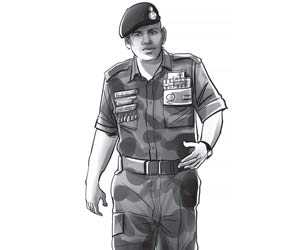
In recent days, Indian Navy sailor Sabi Giri and Beed constable Lalita Salve have brought the spotlight on a faintly discussed, but important issue in India: that of having transgender personnel in the armed forces and in law enforcement. Only 18 countries in the world allow transgender people to serve in the armed forces – India doesn't. While there isn't conclusive data on how many do so for law enforcement agencies, several states in the US, and closer home, Tamil Nadu have allowed them. This week, mid-day explores the status and struggles of transgender recruits in uniform.
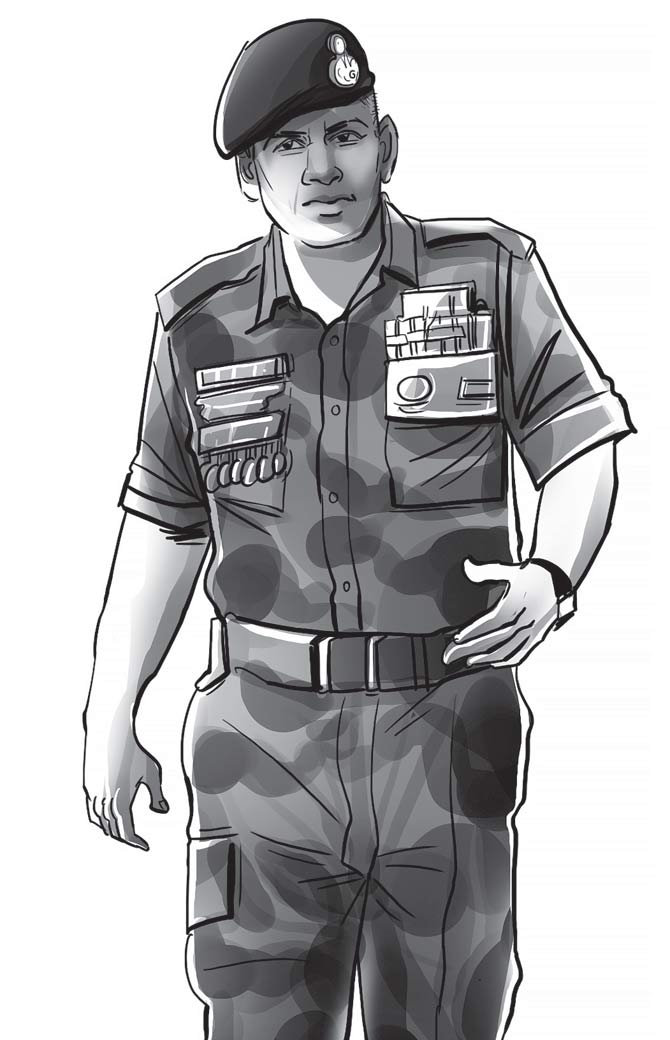
ADVERTISEMENT
India's hit and miss
In 2014, transgender people were officially recognised and guaranteed constitutional rights by the Supreme Court in the landmark National Legal Services Authority (NALSA) judgement. Later on, the Transgender Persons (Protection of Rights) bill was introduced, which will be reintroduced in the Parliament this winter session. However, the Bill has been condemned by the community and activists, who have found glaring loopholes in it with regard to its very definition of transgender persons and what may or may not constitute as discrimination against them.
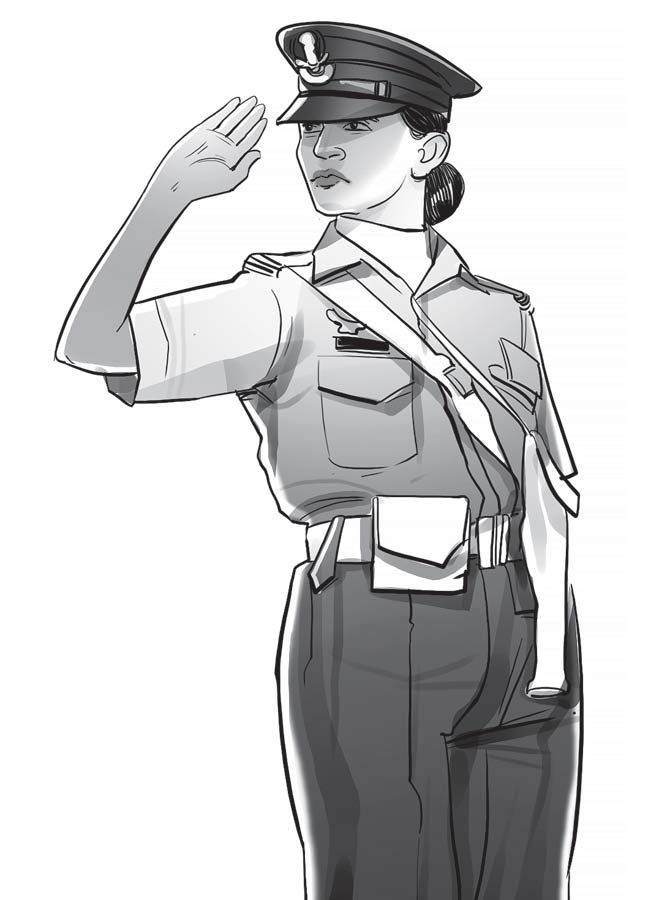
They support trans troops too
Israel, Sweden, Denmark, Norway, Czech Republic, France, Germany, Estonia, Finland, Belgium, Austria, Spain, Bolivia
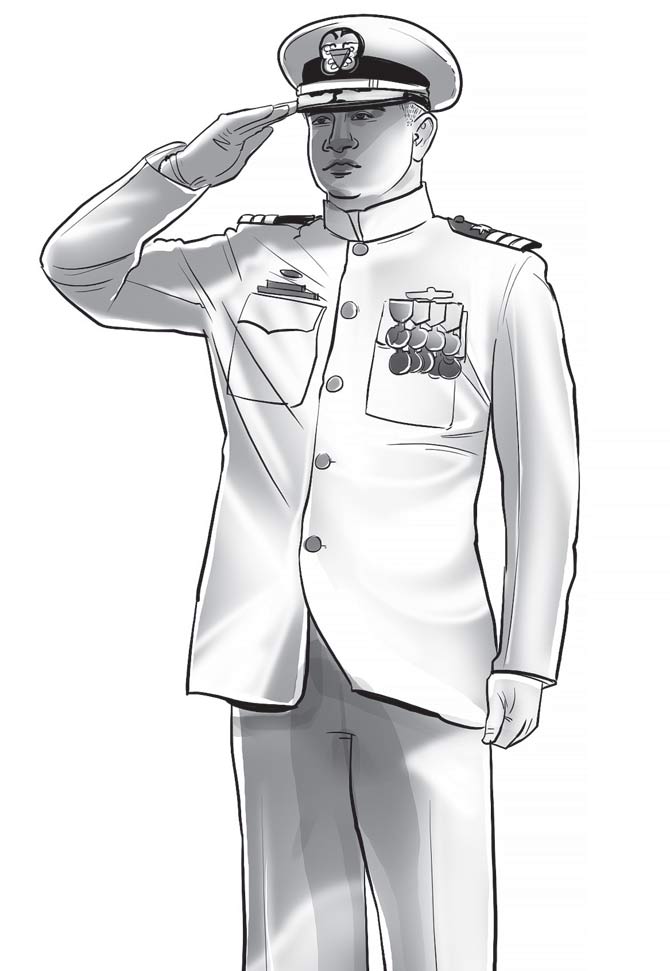
Let's go back to the mughal era
While the history of the third gender can be traced all the way back to the Vedic period, the community was at its most powerful during the Mughal era. At the time, they were employed in several important positions, as guards of harems and even as aides to the royals. They were considered clever, trustworthy and fiercely loyal and had free access to all spaces and the population. However, this situation tragically changed after the British came in. The colonisers were reportedly 'repulsed' by the sight of the trans people and could not understand why they were given so much respect in courts. The Brits later labelled them as a 'criminal tribe' and denied civil rights to the community.
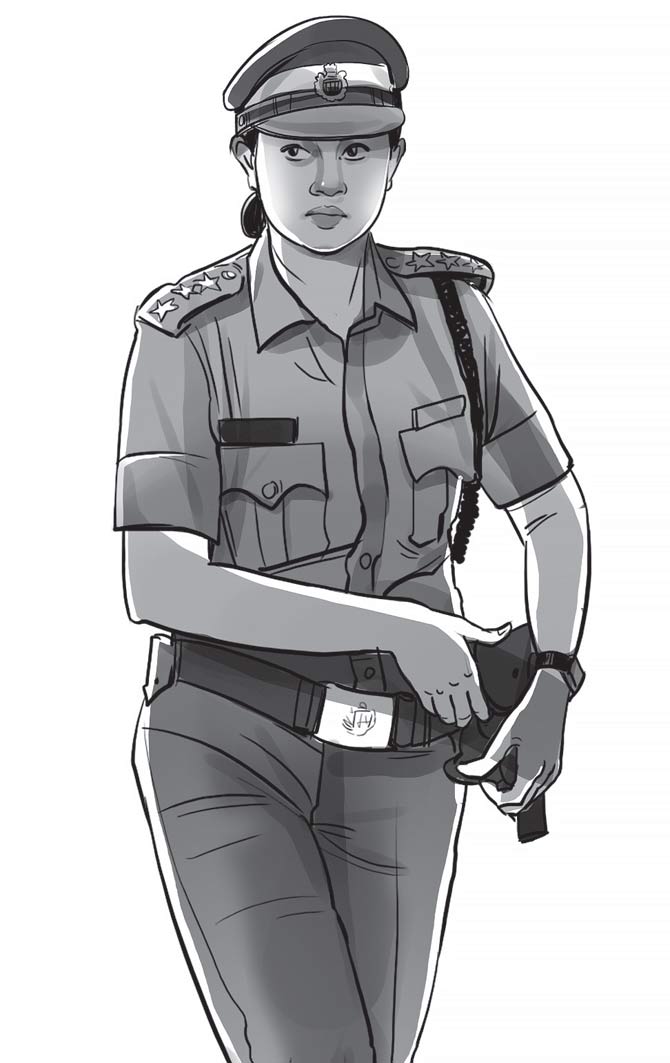
(Source: Historical Evolution of Transgender Community in India by M. Michelraj)
Making a case for inclusion

Lalita Salve
Over the past fortnight, mid-day has extensively covered the Beed constable's journey to seeking a nod to undergo sex reassignment surgery (SRS) in order to transition into a man. Salve, known as a cop who busts eve-teasers, also wants to be reinstated in the force after the surgery.
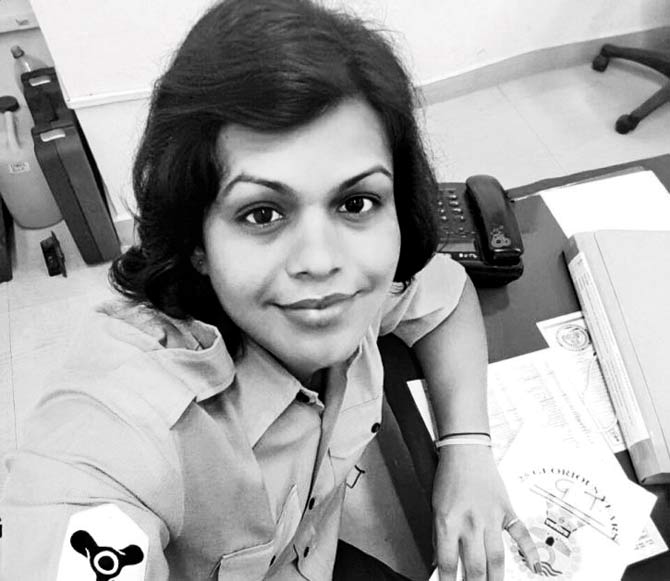
Sabi Giri
Born Manish Kumar Giri, the Indian Navy sailor made headlines in October upon being sacked from her job after she transitioned into a woman. Giri was removed from the Navy since women are not allowed to serve in the force in combat roles. Before being discharged, she was subjected to humiliating psychiatric treatment. She now plans to take her case to the Armed Forces Tribunal.
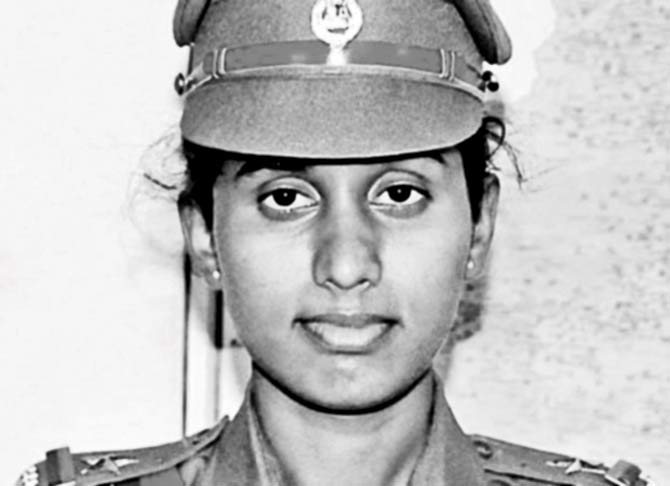
K Prithika Yashini
She made history earlier this year by being appointed as India's first transgender police personnel, in Dharampuri police station in Tamil Nadu. This victory for the sub-inspector came about after the Madras High Court ruled in her favour and asked the Tamil Nadu Uniformed Services Recruitment Board to recruit her and other transgender individuals in the police force.
Why aren't transgender personnel allowed to serve in the Indian forces?
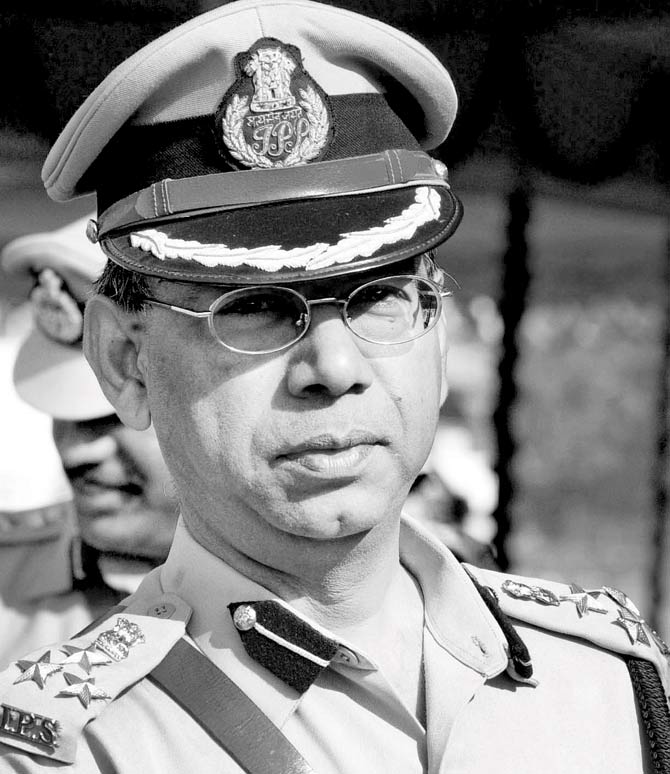
Dr PK Jain, former ADGP
'Presently, I don't think there is a category as such in the Maharashtra police department for transgender persons. The police recruitments are done on specific and traditional methods already in place. Lalita Salve's case is a completely different one from transgender recruitment. She has already been recruited as a woman police constable and hence, such cases are dealt with the available recruitment process and rules that are amended when a case arises.' – Asif Rizvi

What does the Indian law say about inducting transgender troops?
Rizwan Merchant, lawyer
'There is no specific prohibition by law. But when you fill the form for civil services, there are just two options – male and female. There is no third category, which is a deemed provision. But if anyone is rejected on the basis of being transgender, then it is a violation of Article 15 of the Constitution' – Sailee Dhayalkar

Are arguments against gender dysphoria valid?
Dr Sagar Mundada, psychiatrist
'Gender dysphoria is a process where a person is not able to identify with his/her gender since a very long time. The person cannot be labelled as unsound because it [gender] is a personal choice. After psychiatric evaluation, if [such] a person is not diagnosed with any mental illness, then they shouldn't be discriminated against. They are as healthy as any other person. – Rupsa Chakraborty
'Need gender-neutral polices'
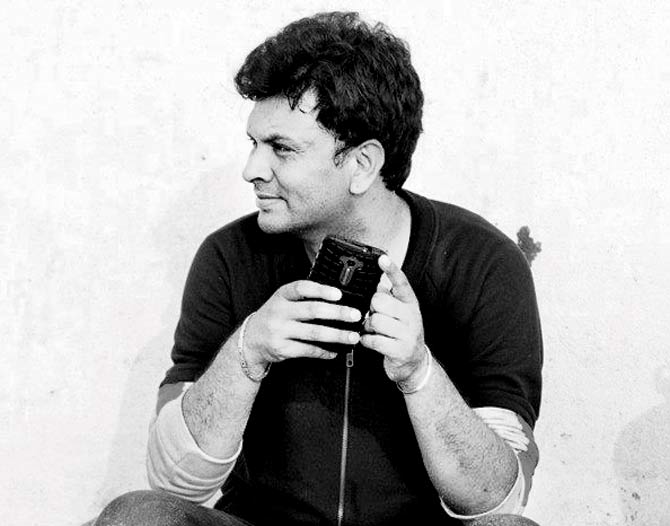
Harish Iyer, equal rights activist
'We need to come to a stage of gender neutrality. Every workforce has to realise that it is the body that does the work, not the gender. This is... about developing a mindset backed by a framework of policies that stress on the gender neutral. The Lalita Salve case is a good wake-up call'
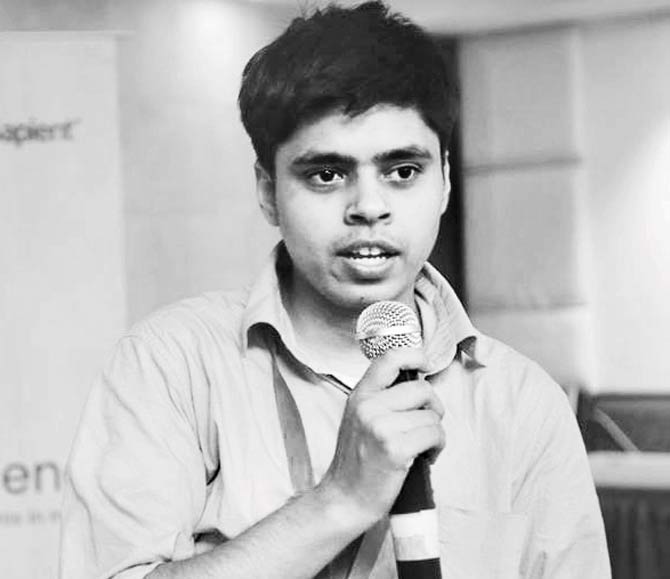
Shaman, rights activist, assigned female at birth, transitioned to male
'We are still awaiting the Transgender Persons (Protection of Rights) Bill. Till then, things are very grey and in limbo when it comes to policies in government workplaces about transgender persons...We need more clarity in policy'
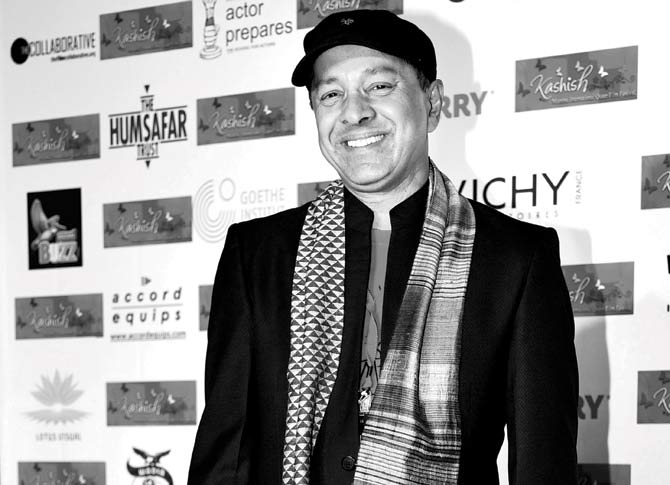
Sridhar Rangayan, filmmaker and director of LGBT film festival, Kashish
'The Lalita Salve case has parallels in certain cases involving athletes. I can empathise with both, the constable and the police force, as rules and regulations are still not crystal clear. When they are, then the gatekeepers do not know how to implement then. This is such a complicated process, but in the end, only a non-discriminatory attitude can help' – Hemal Ashar
Arguments against and for the inclusion of trans troops
The most common argument raised against having transgender people in the forces is that of gender dysphoria. While the condition was earlier considered to be a 'mental illness', its definition was changed later on and it is now classified by the American Psychiatric Association as a 'general descriptive term referring to an individual's discontent with the assigned gender. It is more specifically defined when used as a diagnosis.' The 18 countries that do allow transgender personnel to serve are testament to all the arguments against their inclusion. None of the points deeming them unfit for service are known to have affected these forces.

Transgender people are also deemed unfit for service a lot of times because of the possible complications that may occur through the hormonal therapy they undergo for their transition. These might involve depression and in some cases, the possibility of a life-threatening disease. In addition to this, a lot of them face discrimination within the forces after transitioning, which people feel can affect the unity of the force. Several studies have disputed claims that transgender people are unfit for service because they are predisposed to suffering from depression or other illnesses. Bearing the medical costs for these personnel, eg. for hormone therapy, is also an oft-used argument to not have them in the forces. However, militaries have been known to pay for a variety of hormonal treatments for other service personnel, so that does not hold water either.
Catch up on all the latest Mumbai, National and International news here
 Subscribe today by clicking the link and stay updated with the latest news!" Click here!
Subscribe today by clicking the link and stay updated with the latest news!" Click here!







